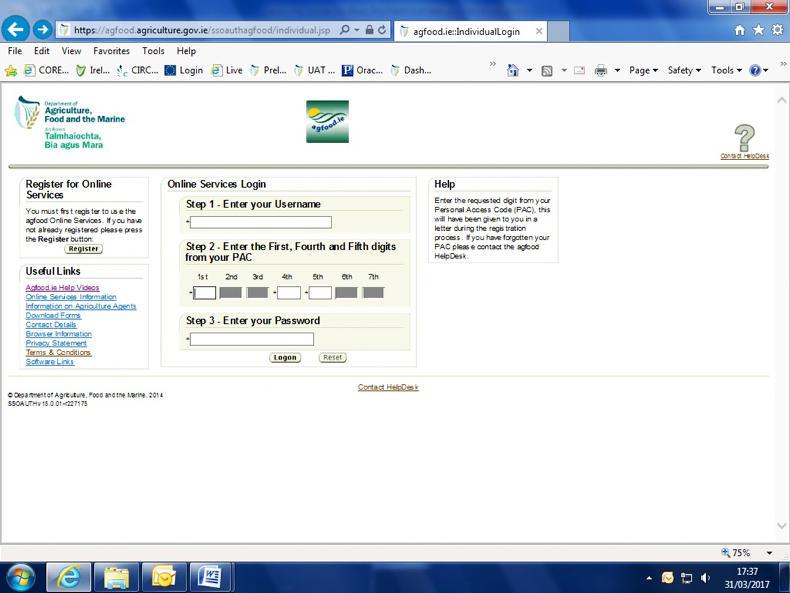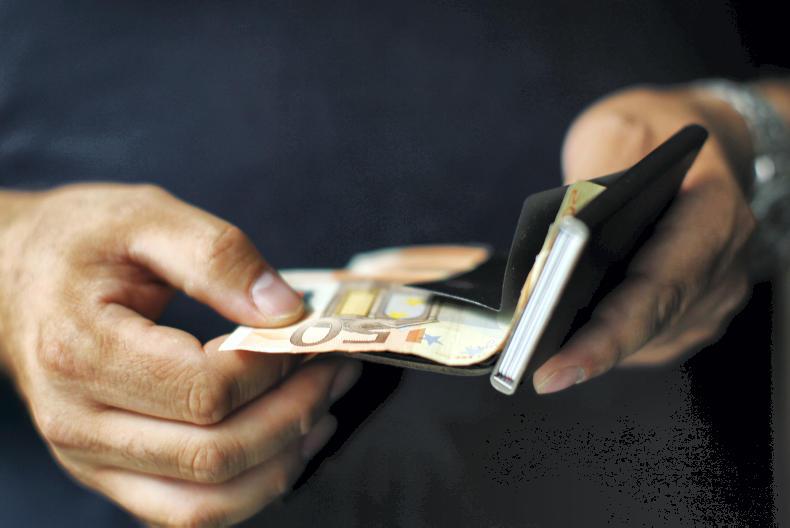It is estimated that more than 2,200 businesses and 70,000 households could produce their own power if 500mW of rooftop solar was installed by 2023 – with the figure doubling in subsequent years.
Farmers could be part of this solar revolution, according to Irish Solar Energy Association (ISEA) chair David Maguire.
"Farming is Ireland's core indigenous industry," he said. "Having solar panels will diversify the income of the farm and ensure small family farms remain viable in the coming years."
Maguire adds that the process of installing solar panels is 100% reversible. "There is no moving of the earth and you can keep the land in a grassland sward. The land also has a dual use. It only takes about 3% to 5% of land out of agricultural use and doesn't preclude the farmer from grazing."
He says that sheep actually love the ground-mounted solar panels because they give them shelter from the rain and shade from the sun.
BPS
In his reply to a recent parliamentary question, Minister for Agriculture Michael Creed said that farmers should be careful about going solar, as the area covered by solar panels will be deemed ineligible for the purposes of claiming under the Basic Payment Scheme (BPS).
"While cases involving solar panels will be examined on an individual basis, the European Commission has advised that the area covered by the solar panels will be deemed ineligible for the purposes of claiming BPS," Creed said.
Maguire says that Creed's predecessor Simon Coveney was very keen to see this changed.
"I haven't yet seen a ruling that will change what the EU Commission has said about solar panels, but the ISEA believes that farmers should still qualify for the BPS, as only a small percentage of the land is taken out of agricultural production by the solar panels."
Farmers should be cautious about developers who offer rents that are too good to be true
Pitfalls
So what other pitfalls should farmers look out for when they're looking to sign a lease with an energy development company?
"Well, the farmer needs to look at the track record of the solar developer and appoint a solicitor who can help him with this and with the legal implications," said Maguire.
"He or she should also be careful about signing any exclusivity agreements in the early stages of negotiations, because the farmer might still want to be able to speak to other companies."
However, he adds that he doesn't think it unreasonable for developers to ask farmers to sign exclusivity agreements at a later stage in the process – for example, just before the energy developer bids to supply electricity to the grid.
"The energy developer has to have all the documents in order at that stage, so it needs to be sure the farmer is on board with them or else it won't get the contract."
Rent
This ties into Maguire's next point, which is that farmers should be cautious about developers who offer rents that are "too good to be true".
He says the rent farmers receive from developers for using the farm land should be a premium above the normal agricultural rate, but adds that they should be cautious about developers offering €1,700/ha annually over a 25-year lease. A more usual price would be in the range of between €1,000 and €1,400/ha.
"If a developer is offering that kind of money, it is going to have to supplement this somehow, usually by selling the electricity to the grid at a higher price than its competitors," he said. "This will usually result in them not winning the contract and the farmer won't get any solar panels on the farm."
Government supports
Solar is the only renewable energy technology that does not qualify for any form of Government funding in Ireland. Renewables, mainly wind energy, are earmarked to receive subsidies of €334m next year, while Ireland will subsidise peat to the order of approximately €138m.
The introduction of a subsidy for solar energy is expected to add 1% to household energy costs, or €19 a year, significantly less than any other supports.
Maguire says that the main benefit of a subsidy is a guaranteed price for developers who sell energy to the grid. This would make it more attractive for developers to apply for selling electricity to energy suppliers as they would have a minimum price and it would not be a battle to the lowest price with other developers the way it is at the moment.
The risk for the farmer at the bidding stage is quite low because they haven't invested any money into it and the solar panels haven't been built
"Developers are taking a huge risk when they go into the auction because they've already spent approximately €40,000 on applying to bid at the auction," said Maguire. "They need to have their planning permission in place, their arrangement with the farmer in place and grid security. And if they don't win at the auction, they lose all their money. All the money they spend on their application is non-refundable, unlike in Great Britain."
It's little wonder then only about 3MW of electricity is generated from solar panels in Ireland, compared with 4GW in Belgium and 2GW in the Netherlands. Developers are taking a huge risk.
"Yes, they are taking a huge risk," he said. "The risk for the farmer at that stage of the process is quite low because they haven't invested any money into it and the solar panels haven't been built. If the developer doesn't get the contract, the farmer just misses out on the opportunity."
Roof-mounted solar panels
Maguire says roof-mounted solar panels, as opposed to ground-mounted panels, are ideal for a farmer who does not want to enter into a long-term lease on their land for the ground-mounted option.
Leases are shorter and the farmer is able to use the solar energy for his own household. He is paid for all electricity produced on site to encourage maximum self-consumption.
This will incentivise future installation of technologies such as battery storage and other smart technology to maximise on-site consumption and minimise export, according to the ISEA.
Finally, Maguire's enthusiasm for a solar panel revolution in Ireland is commendable, but is there enough sun for this to work in Ireland?
Maguire says the word "solar" is a misnomer. "It's not actually about the amount of sun that a country gets, it's about the amount of light it gets. And Ireland has plenty of light."
He adds that wind and solar energy actually complement each other nicely, as when the wind level is high, there is a low light level, but when the wind level is low, there is a high light level.
"So these two would work nicely in tandem."
Solar projects: what are the legal implications?
Watch and listen: are solar panels worth considering on your shed?









SHARING OPTIONS